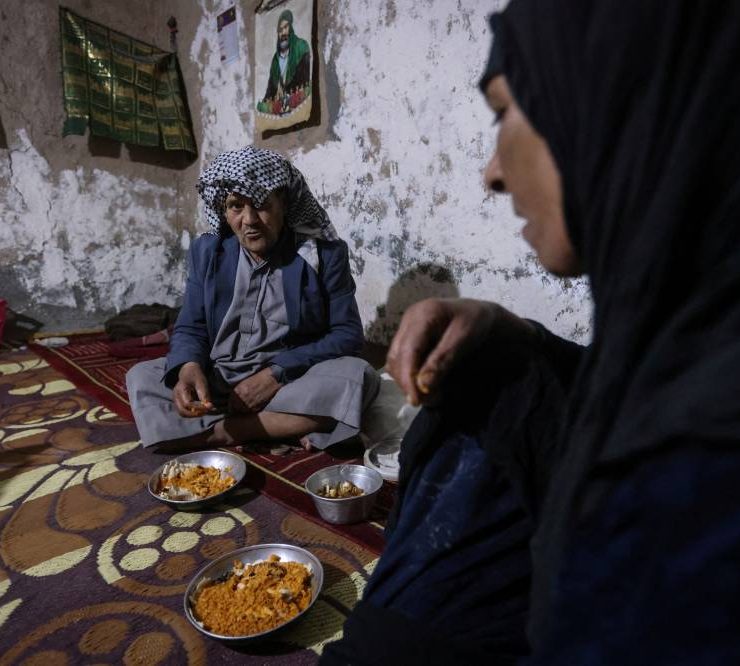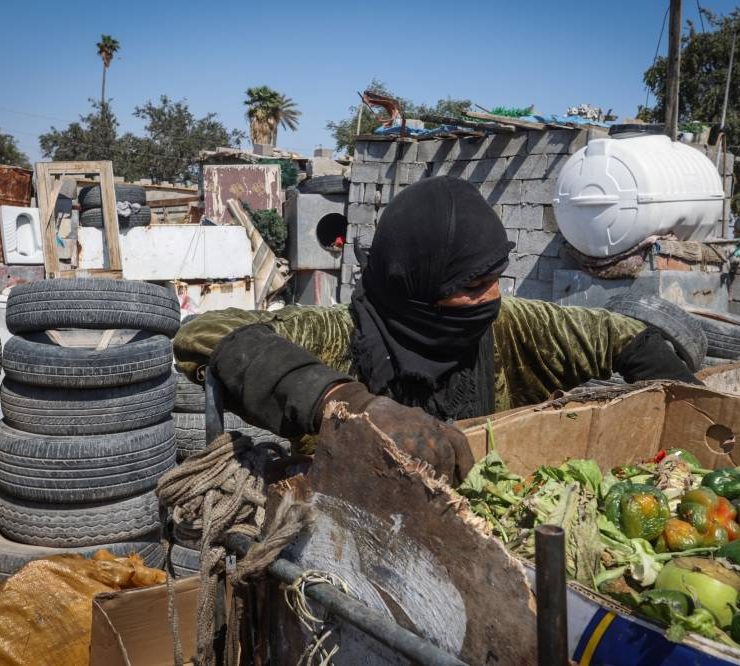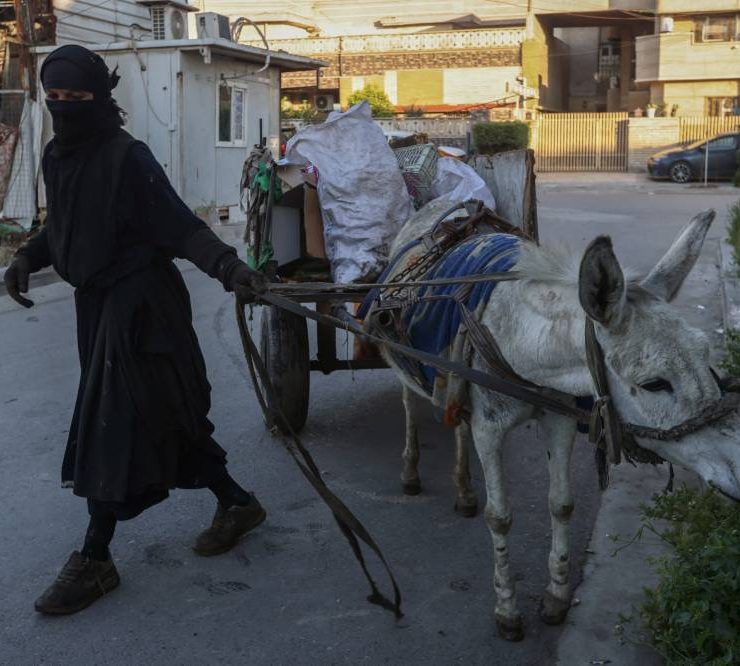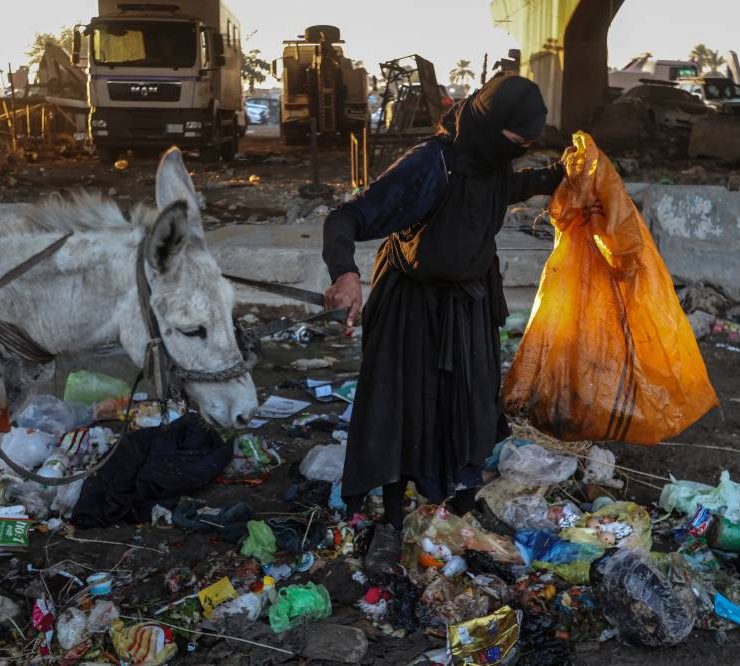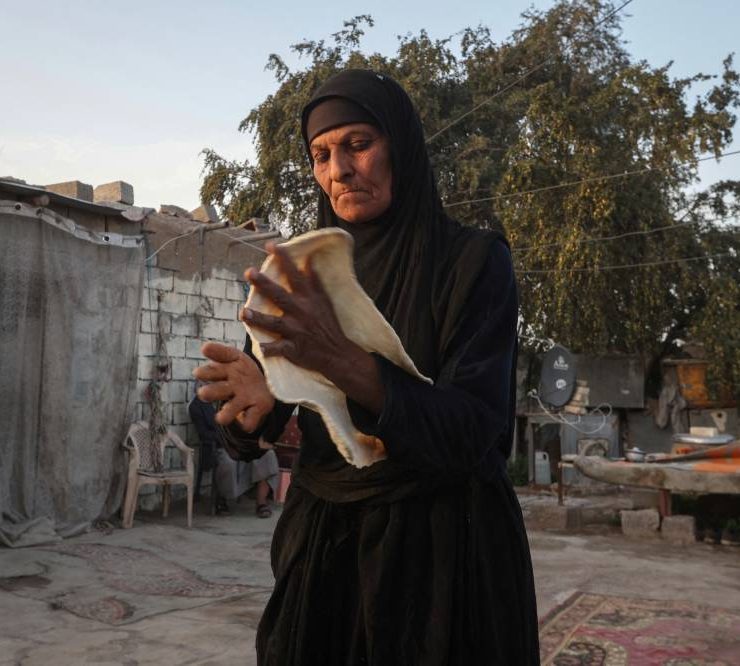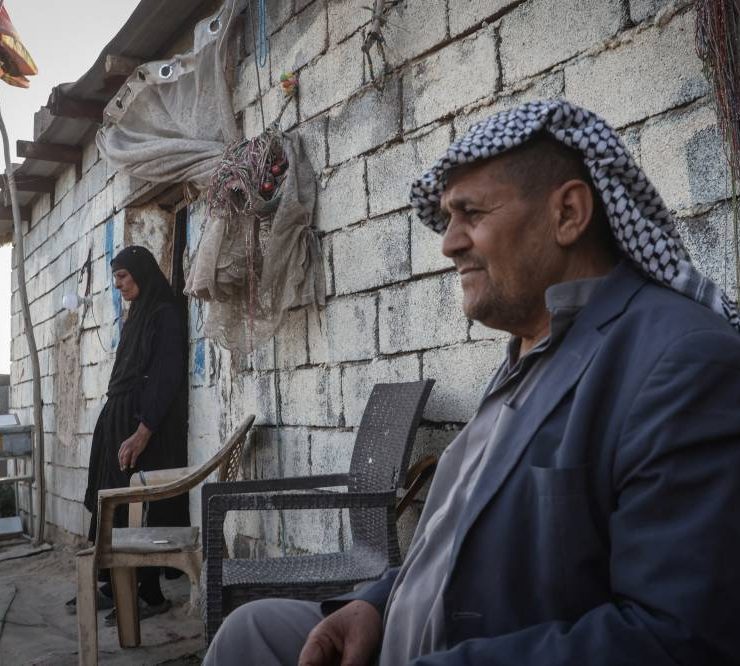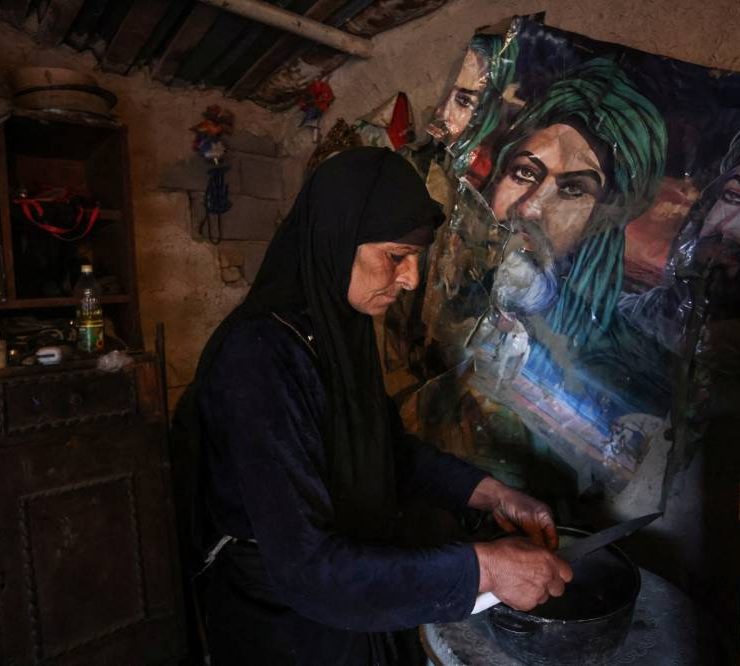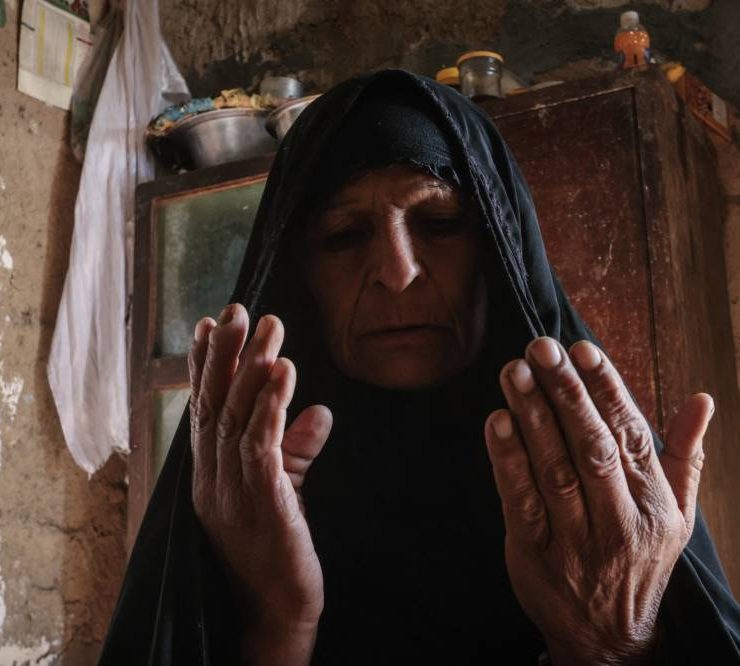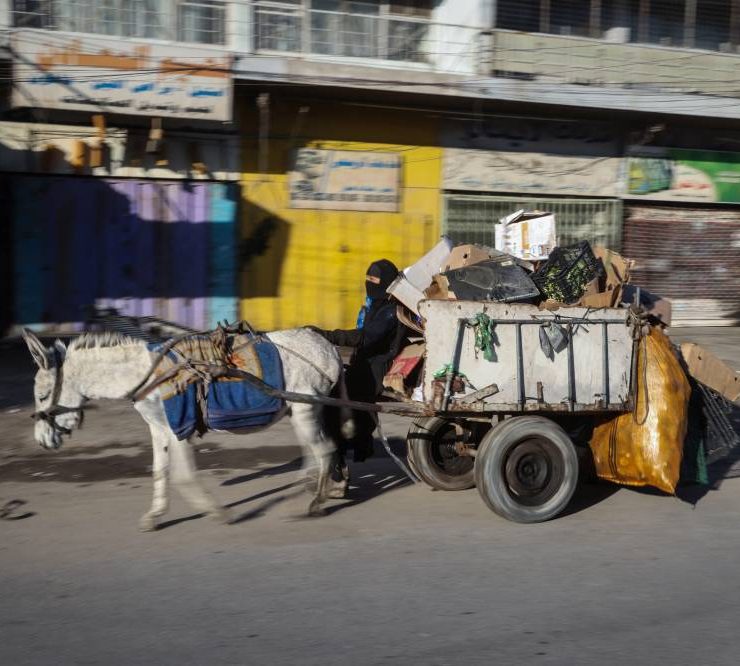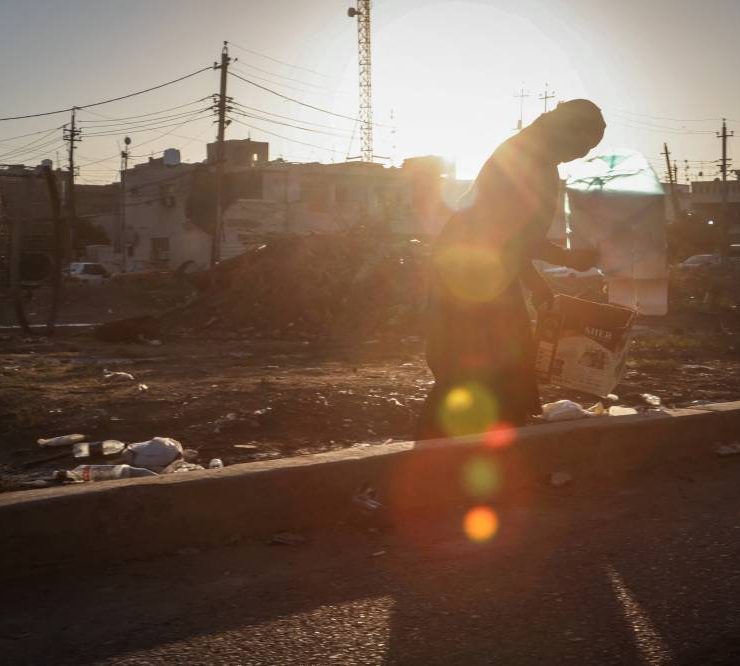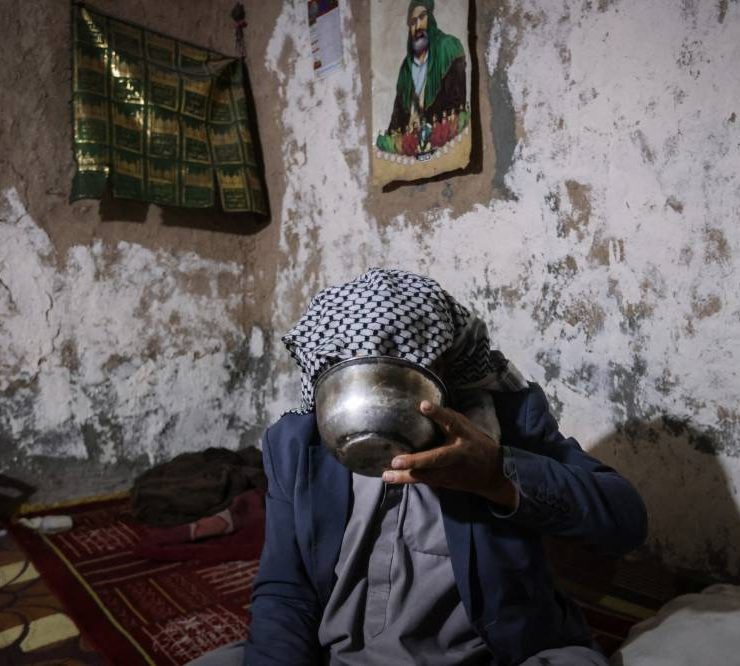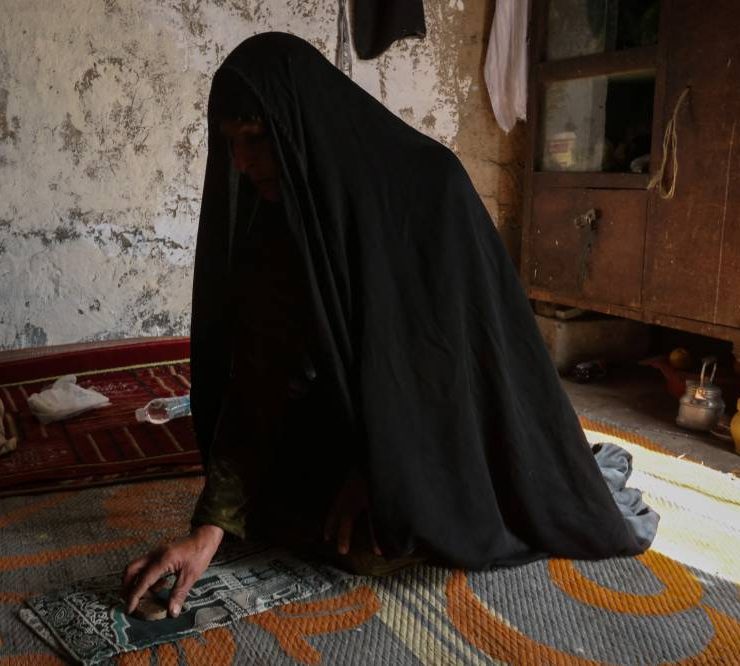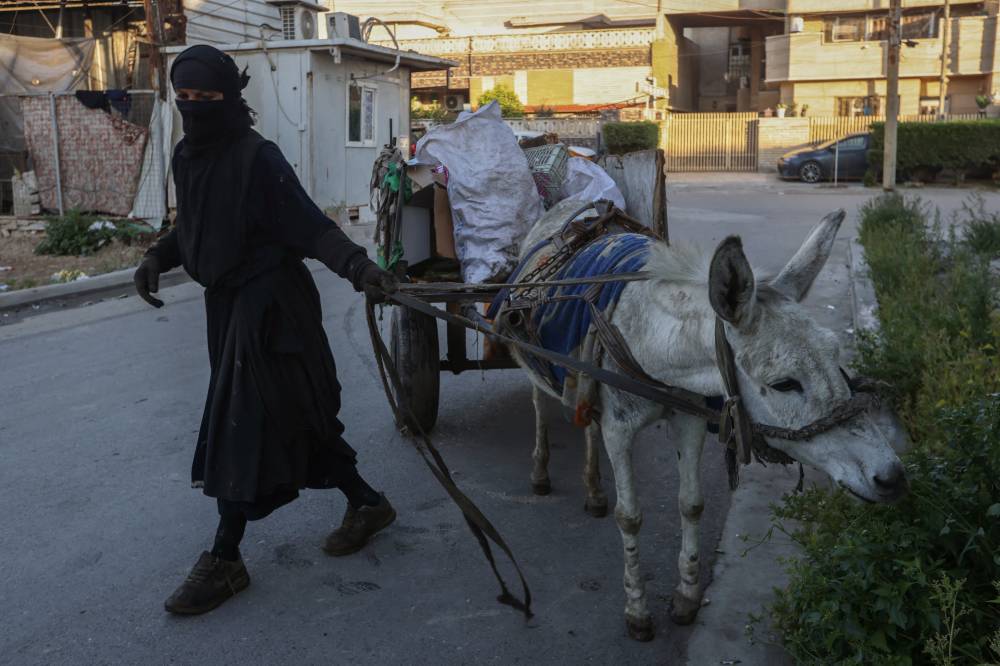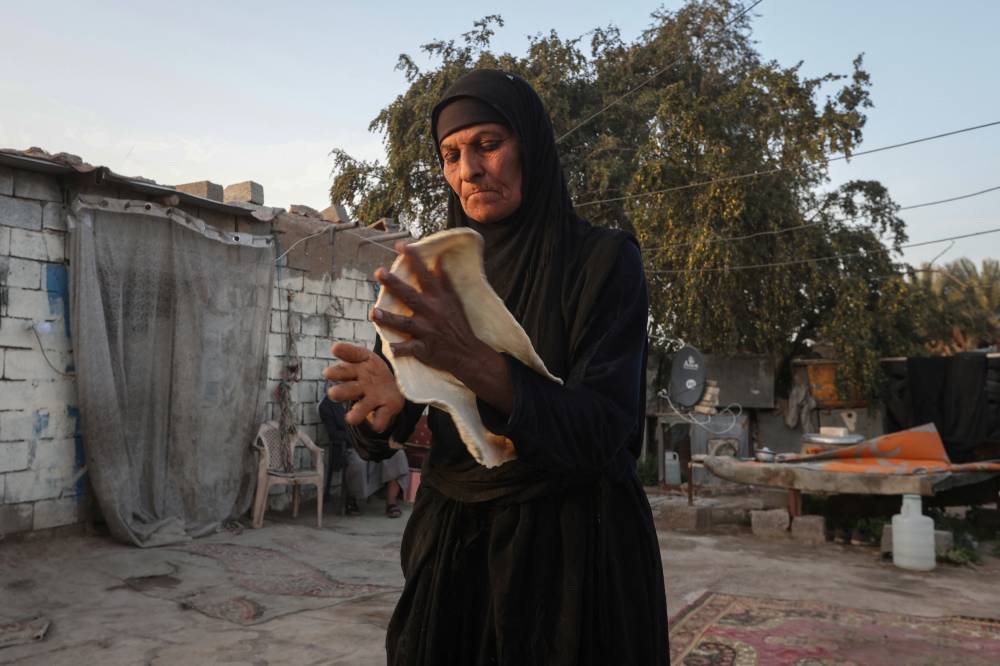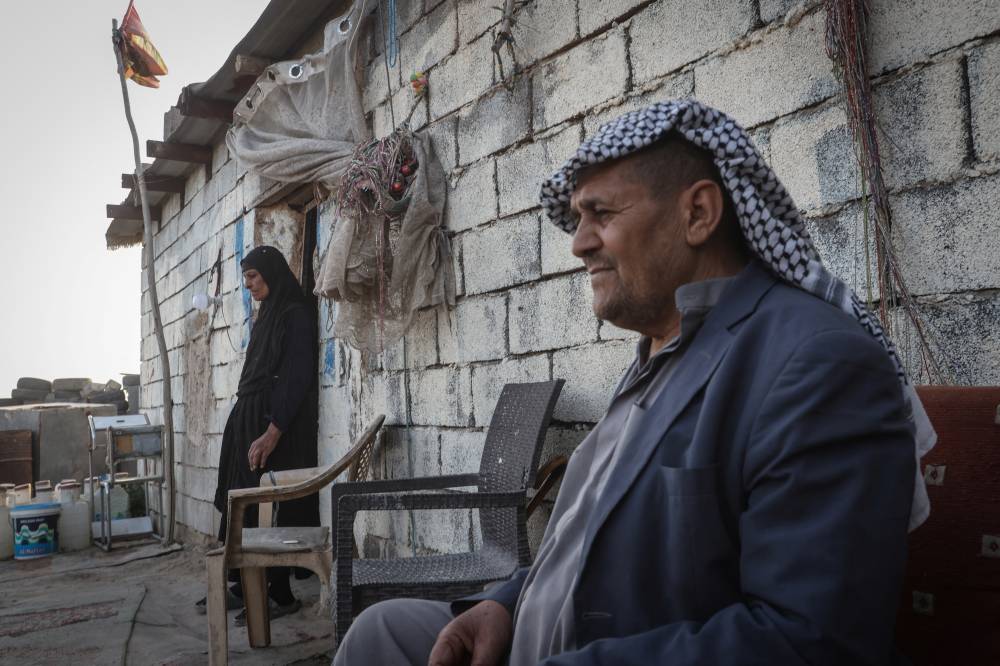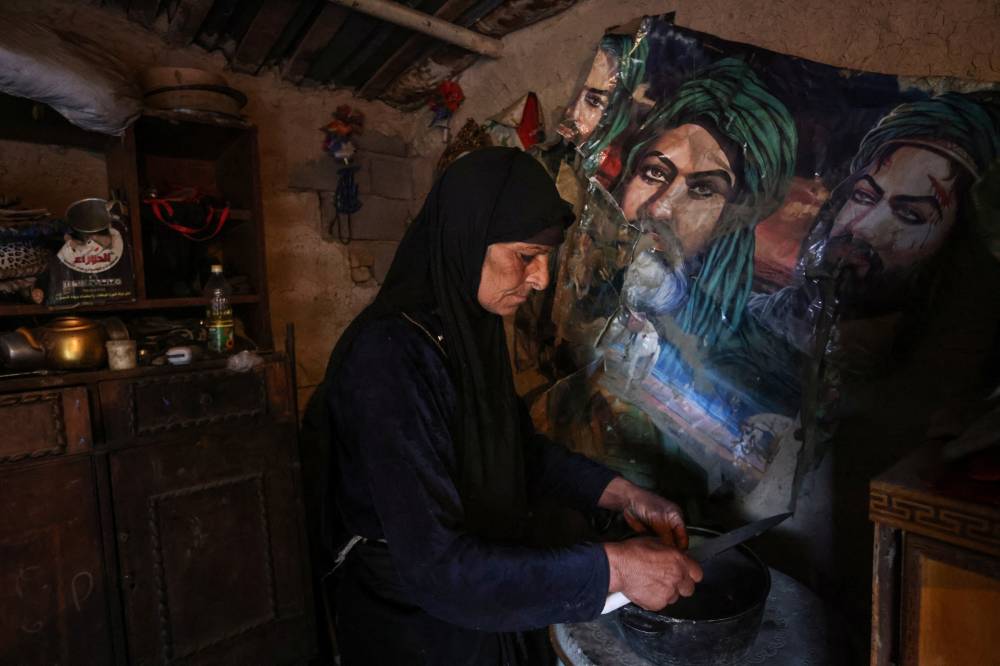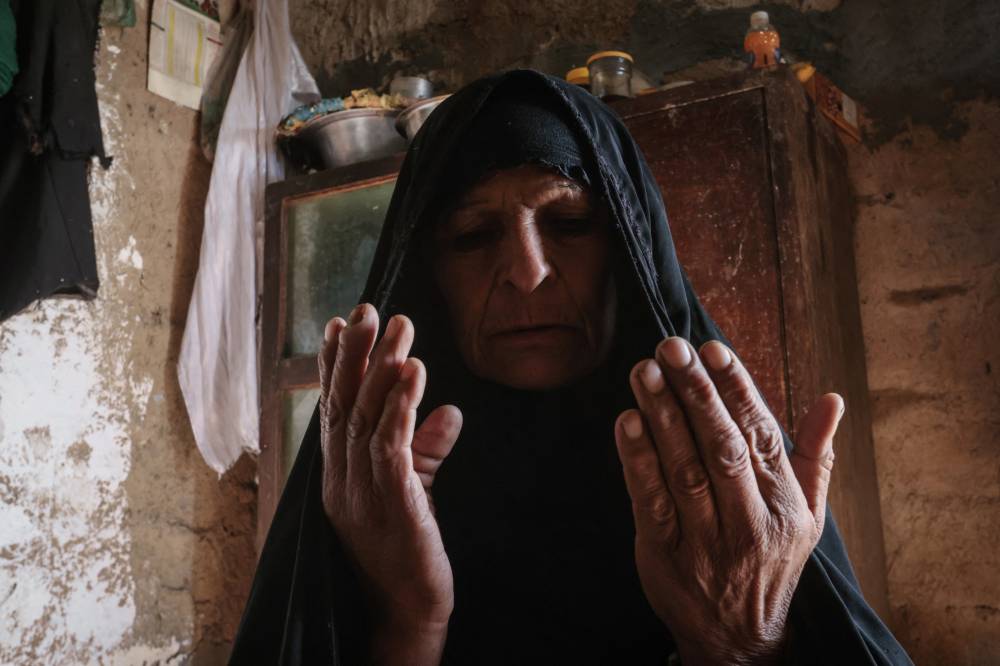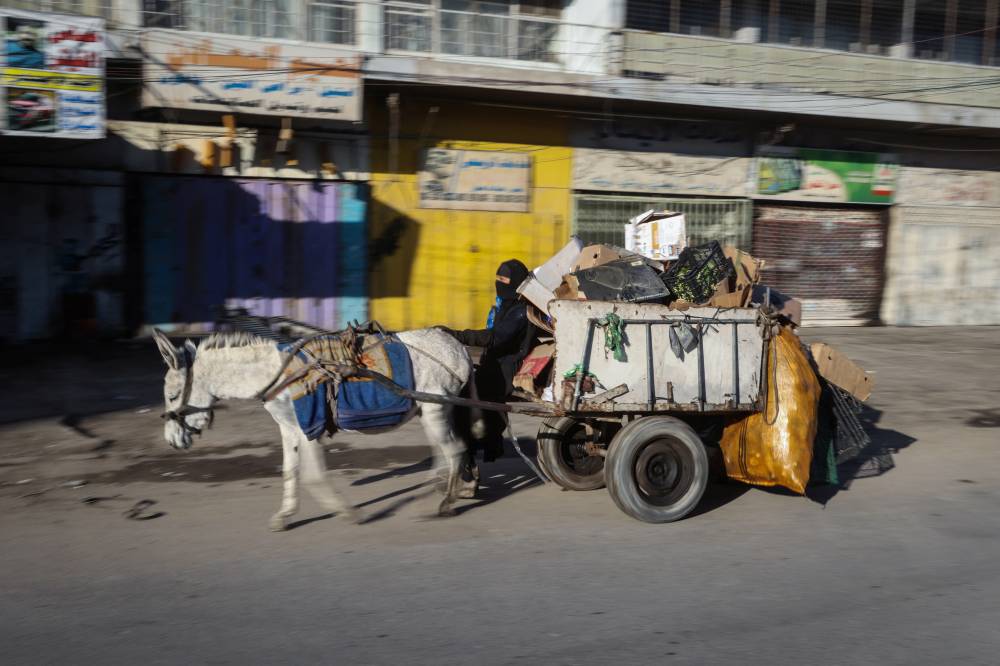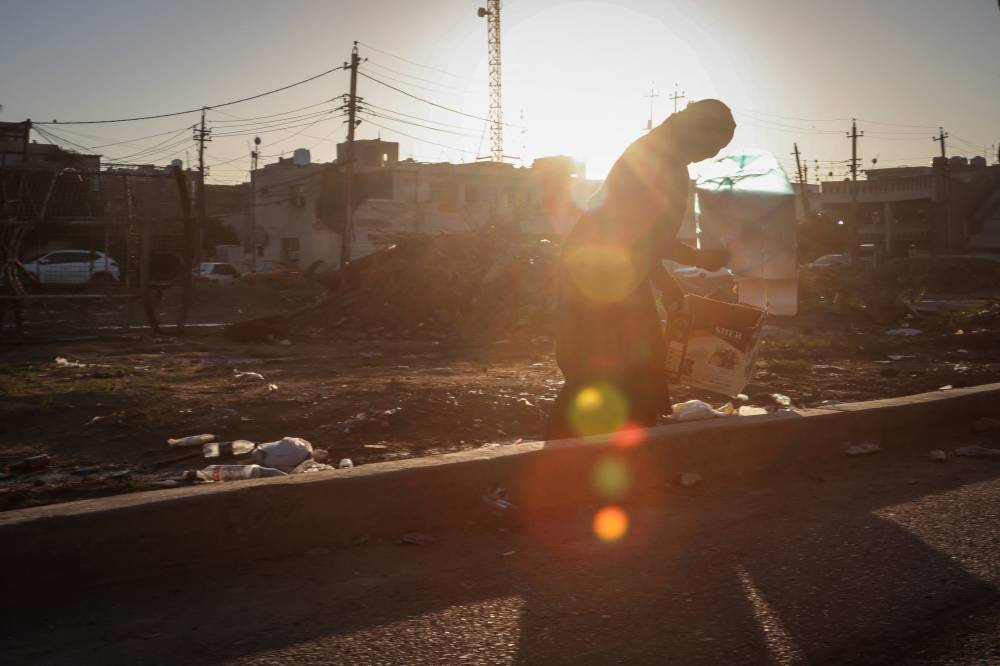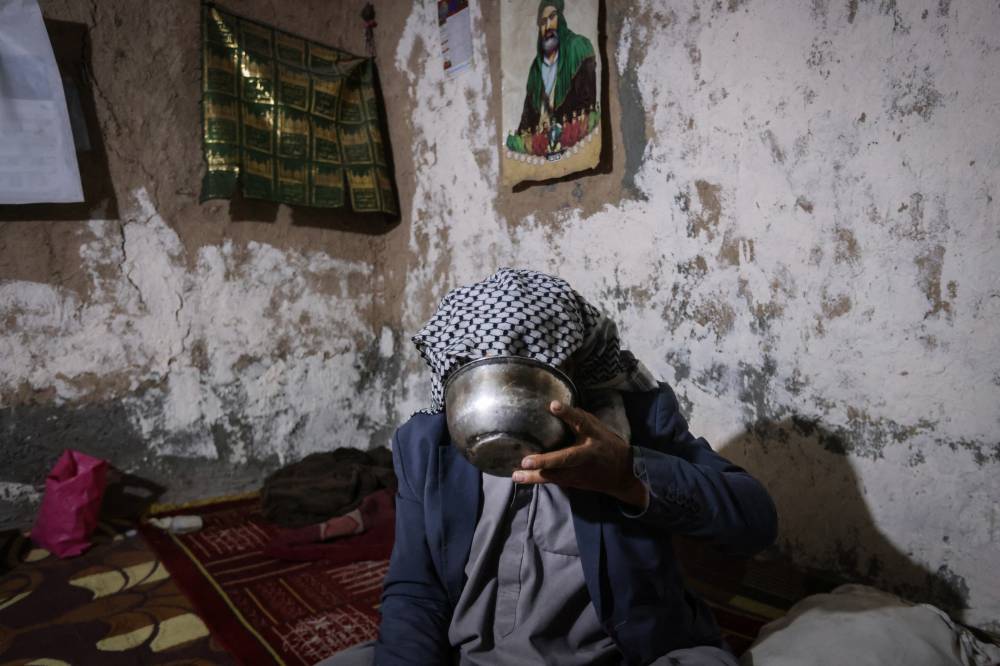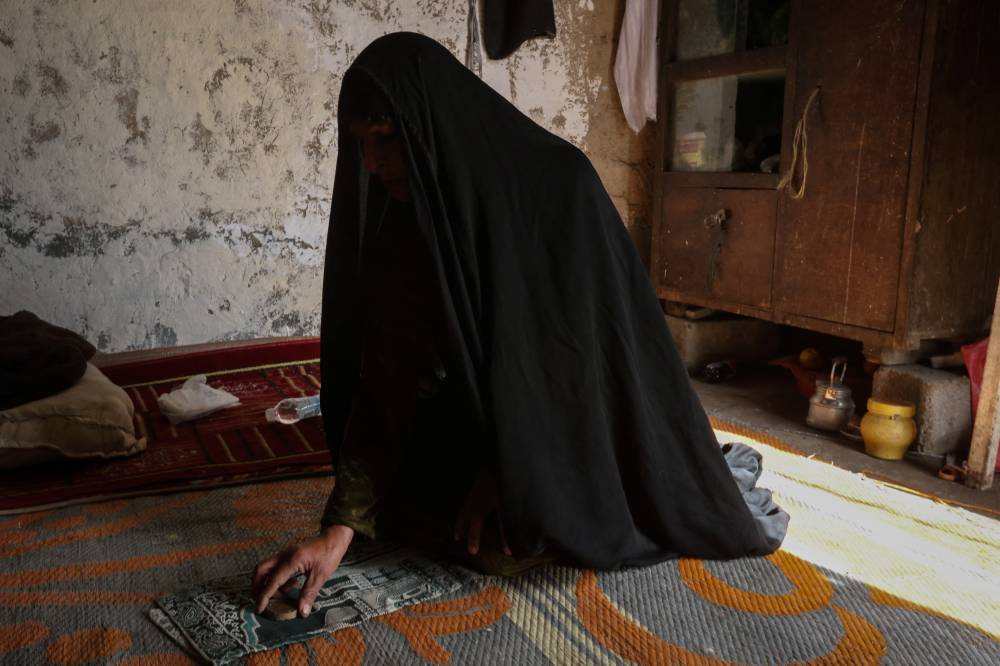Picking through Baghdad’s garbage for her family’s Ramadan meal
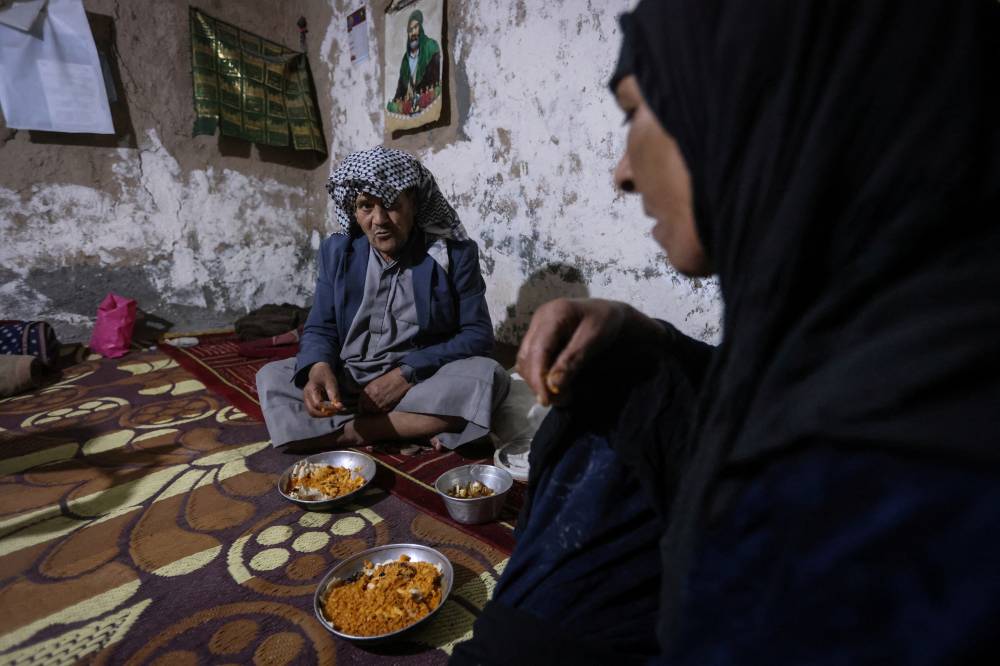
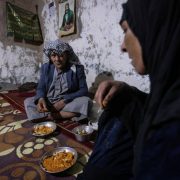
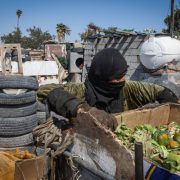
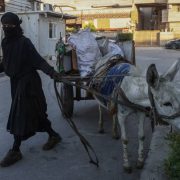
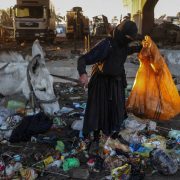 +8
+8 Picking through Baghdad’s garbage for her family’s Ramadan meal
Picking through Baghdad’s garbage for her family’s Ramadan meal
Picking through Baghdad’s garbage for her family’s Ramadan meal
Picking through Baghdad’s garbage for her family’s Ramadan meal
Picking through Baghdad’s garbage for her family’s Ramadan meal
Picking through Baghdad’s garbage for her family’s Ramadan meal
Picking through Baghdad’s garbage for her family’s Ramadan meal
Zahra Jouda Darraj, 51, prepares food for Iftar (fast-breaking meal) in the kitchen next to a photo of the holy Shiite Imams, Imam Ali, the cousin and son-in-law of Prophet Mohammad, and his sons Imam Hussein and Imam Abbas, during the holy month of Ramadan at her makeshift house in the Zaafaraniyah district, Baghdad, Iraq, March 17, 2024. REUTERS/Ahmed Saad
Picking through Baghdad’s garbage for her family’s Ramadan meal
Picking through Baghdad’s garbage for her family’s Ramadan meal
Picking through Baghdad’s garbage for her family’s Ramadan meal
Picking through Baghdad’s garbage for her family’s Ramadan meal
BAGHDAD—Every morning during Ramadan, Zahra Jouda Darraj rises early to take her donkey and cart to the garbage dumps of Baghdad, from where she can scavenge aluminum cans and glass bottles that she sells for a few Iraqi dinars.Wearing a black hijab and heavy gloves to pick through the garbage, she also collects discarded vegetables to cook later or for animal feed, piling them on her cart.
It is not an easy life. But what she collects is enough to allow her and her husband a simple meal of lentil soup and homemade flatbread for Iftar, the meal that Muslims eat at sunset to break their Ramadan fast.
For Zahra, her religion is her source of strength.
“My faith in God is keeping me strong and alive. Our life is difficult, but faith is stronger,” says Zahra, as she prepares to do her daily prayers in the couple’s shack in eastern Baghdad, which is decorated with wall hangings and depictions of holy imams.
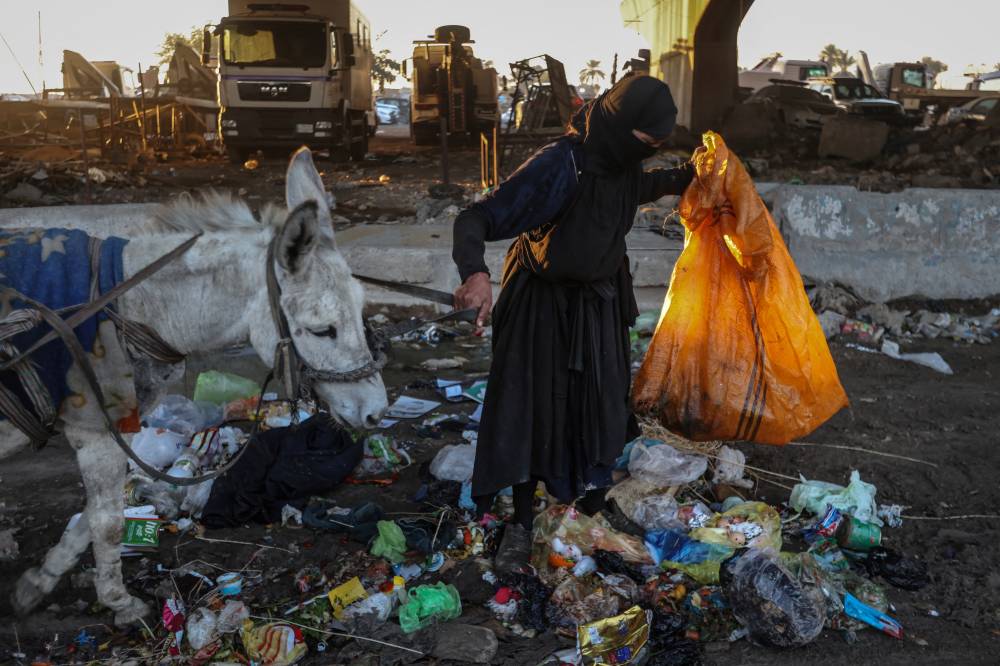
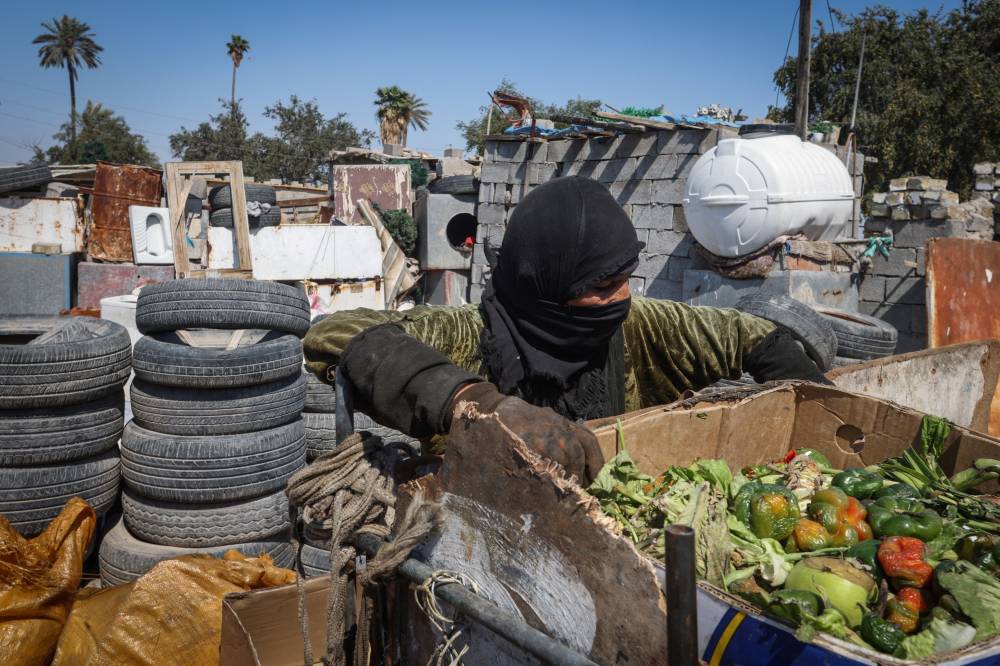
Poverty
Despite huge untapped oil and gas reserves and steadily rising oil output and revenue, 22 percent of Iraq’s population—around 10 million people—live below the poverty line, according to the Ministry of Planning.
Last year, the government said it would spend to create jobs and rebuild infrastructure as it recovers from years of conflict.
That may be too little, too late, to change the fortunes of 51-year-old Zahra and her 68-year-old husband Razzaq, who is now too sick to work. None of their four children have survived them.
“We didn’t have the money to pay for hospitals,” says Zahra. “They all died because we didn’t have the money to feed them.” —REUTERS
Reuters, the news and media division of Thomson Reuters, is the world’s largest multimedia news provider, reaching billions of people worldwide every day. Reuters provides business, financial, national and international news to professionals via desktop terminals, the world's media organizations, industry events and directly to consumers.













